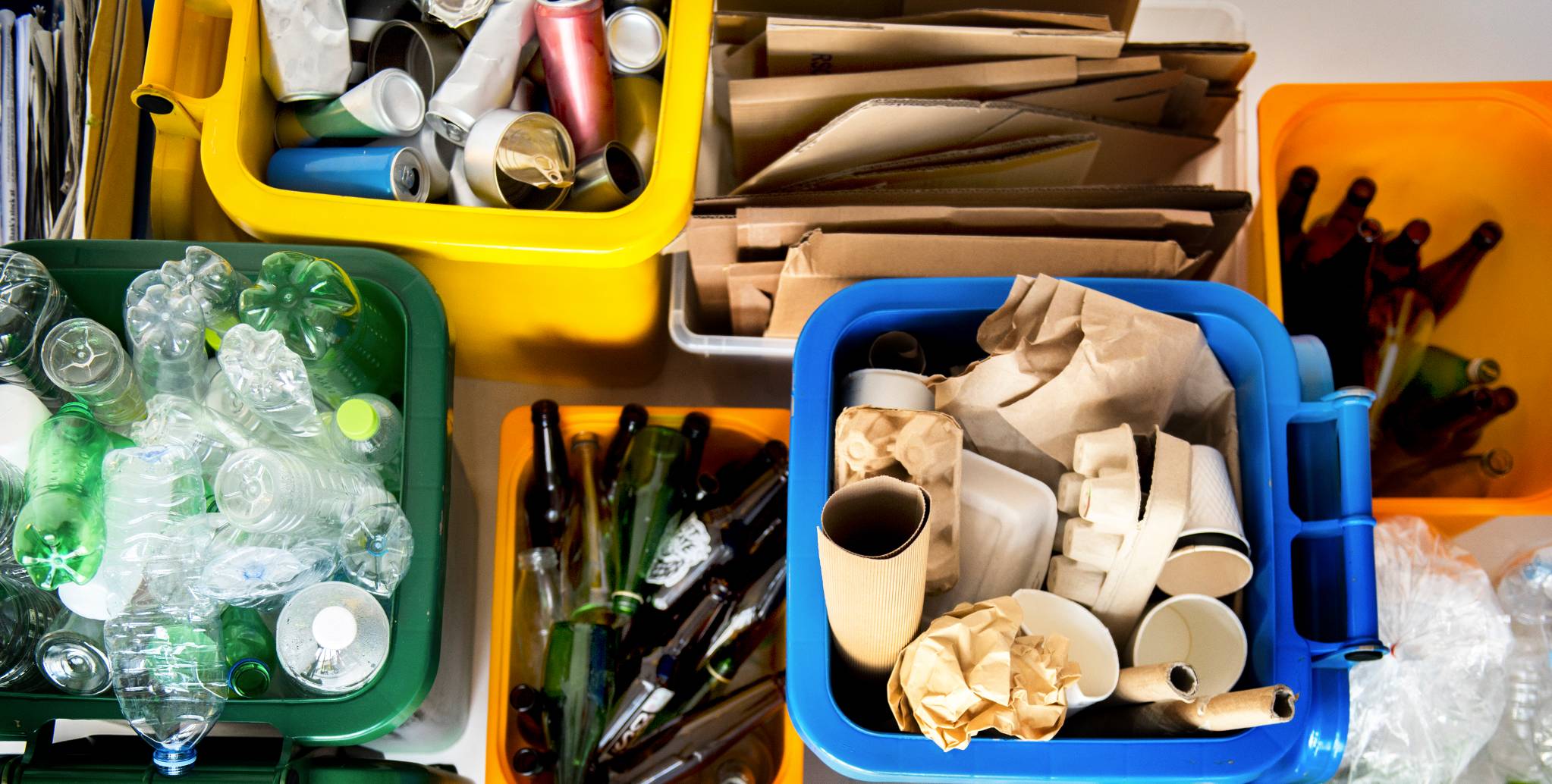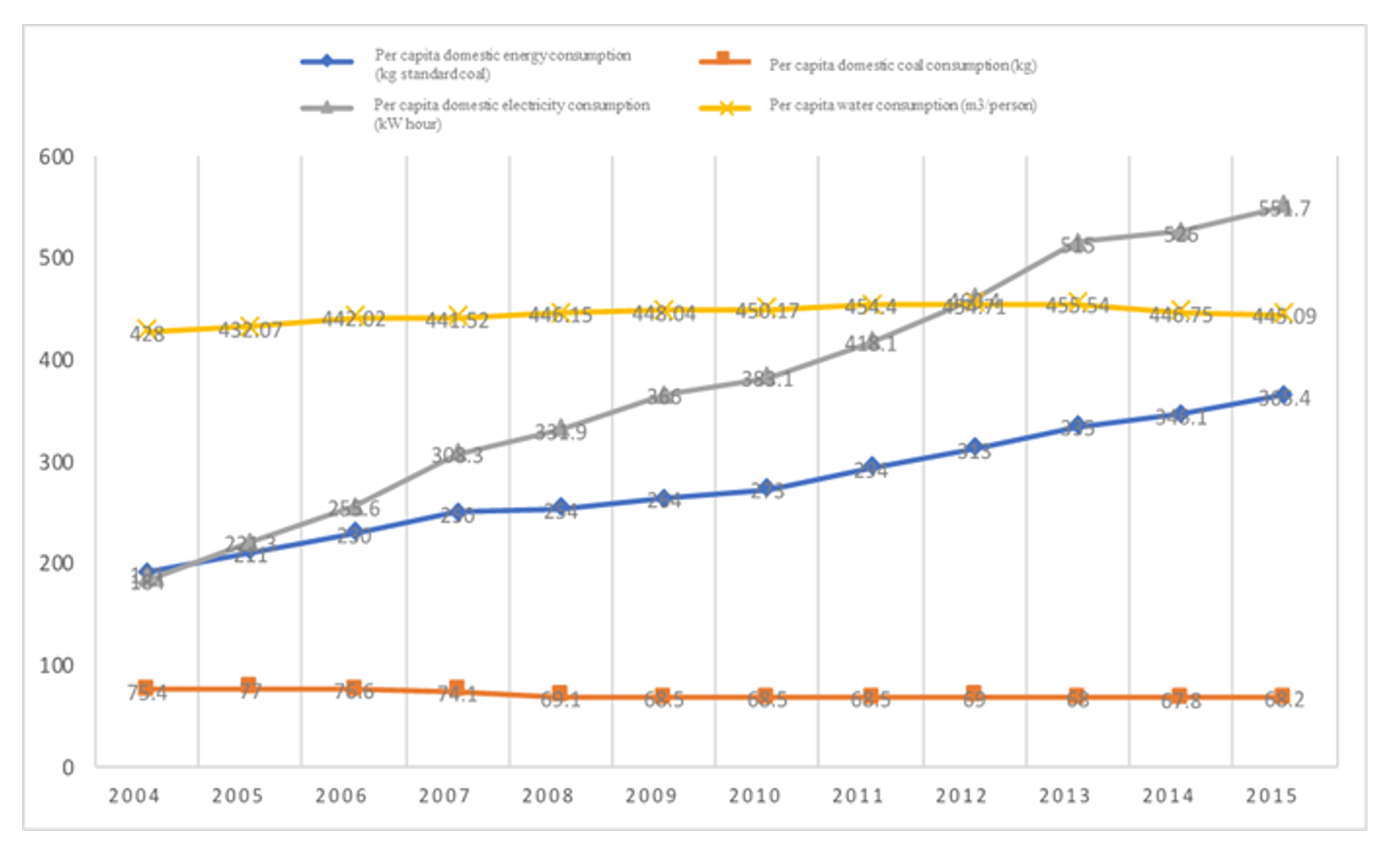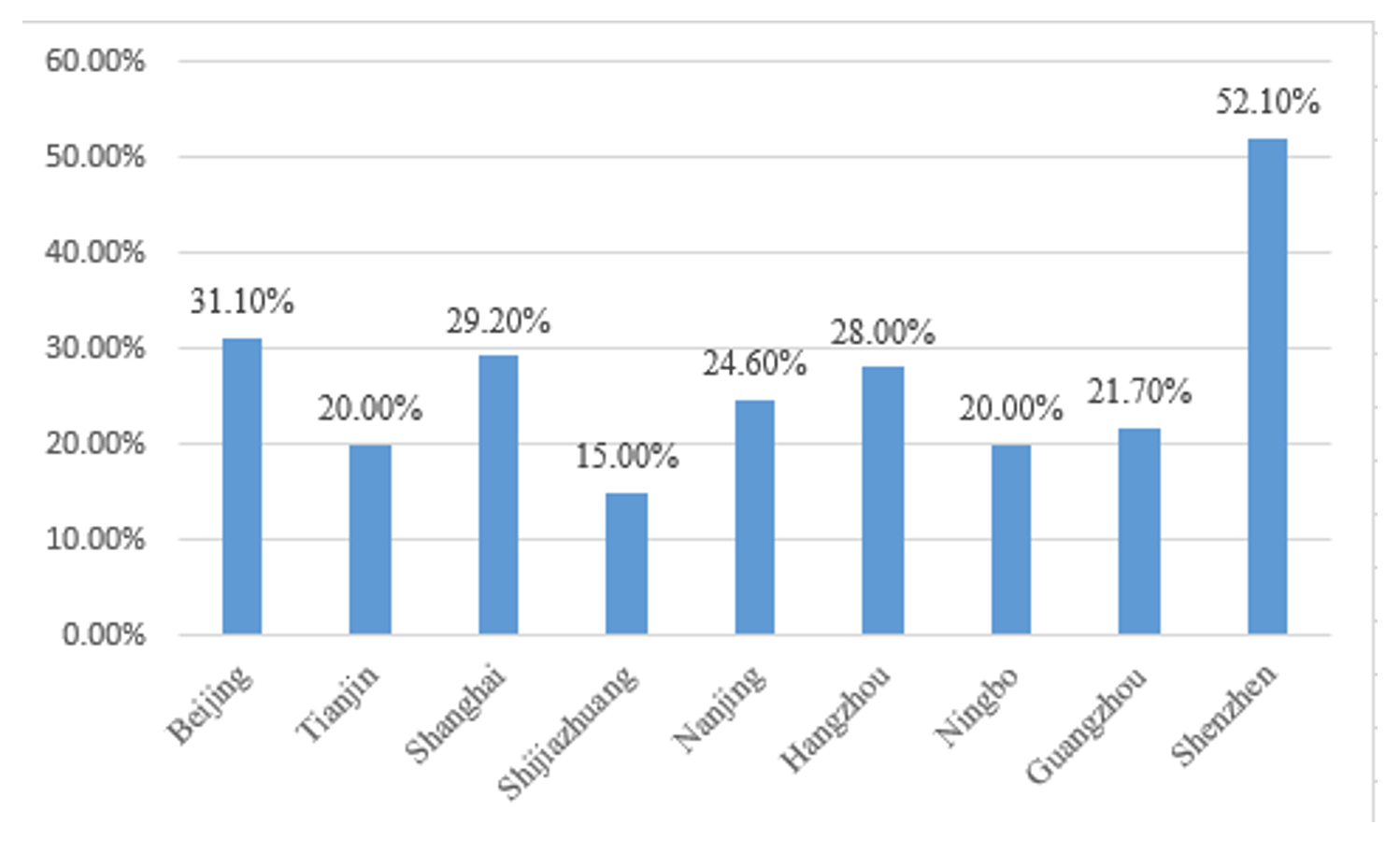
As people become more interested in healthy and environmentally sound products, reliable consumer information tools, such as eco-labelling, will accelerate sustainable consumption and production patterns. Drastic lifestyle changes due to the outbreak, such as increased online food delivery and online shopping with more packaging waste, have forced China to explore how to maintain the ongoing efforts for boosting sustainable consumption using these tools.
The China Environmental United Certification Center (CEC), as a third-party certification organization, developed and conducted remote inspection, in addition to the instruments they usually employ, to ensure that products meet the criteria for eco-labels appropriately and in a timely manner during the pandemic. Once a product is eco-labelled, it is given priority by Chinese government agencies using green public procurement and therefore contributes to foster this kind of public procurement in China.
This is a great example about how we can use the current COVID-19 scenario to “build back better”. But China's extensive efforts to achieve an ecological transition in the production and consumption sectors are not new and have been increasing over the past decade. In fact, green and low-carbon consumption has been incorporated into the philosophy of China's Ecological Civilization as one of the key pathways to green development.
Consumption is becoming the main driver of China's economic growth. For example, consumer spending contributed to 76.2 per cent of China's GDP growth in 2018 and it is estimated that consumption will increase more than sevenfold between 2005 and 2025. But while it is an economic driver, consumption in China put a huge pressure on resources and the environment due to traditional and unsustainable habits that could be intensified due to the current pandemic. This has become a major obstacle and constraint to China's goal of achieving a comprehensive ecological transition.
Per Capita Resource and Energy Consumption of Residents in China (2004-2015)

Source: SWITCH-Asia RPAC Analysis of the Current Situation on Sustainable Consumption in China - upcoming Report
Contribution of Local Mobility Emission Sources to Fine Particles in Major Cities, China

Source: SWITCH-Asia RPAC - Analysis of the Current Situation on Sustainable Consumption in China - upcoming Report
What are the challenges for promoting Sustainable Consumption in China?
Although China has developed a great vary of policies and tools to promote sustainable consumption in various sectors and has achieved positive results (such as increasing green housing and green transportation, promoting green supply chains and putting in place sustainable public procurement and eco-labelling), the country still faces the following challenges in terms of its regulatory framework and its implementation:
- There is a big gap between China's strong political will and the country's insufficient systematic strategy.
- The lack of a ministry with primary responsibility for sustainable consumption or a inter-ministry coordinating mechanism hinders collective efforts to promote sustainable consumption.
- The links between eco-labelling and energy labelling schemes with the political priorities of environmental outreach, such as water, air and soil pollution control, have not been established.
- There is a lack of understanding of the role that sustainable consumption including sustainable public procurement can play in promoting the circular economy.
How is SWITCH-Asia RPAC supporting Sustainable Consumption in China?
The SWITCH-Asia Policy Advocacy Component (RPAC), implemented by United Nations Environment Programme, is designed to strengthen the dialogue at regional, sub-regional and national policies on Sustainable Consumption and Production and thereby contributing to green growth and reduction of poverty in Asian countries.
In China, as a response to the challenges identified to promote sustainable consumption, SWITCH-Asia RPAC and the China Environmental United Certification Center (CEC) held a National Policy Dialogue on Sustainable Consumption for Policy Makers and Stakeholders in China on 25 April 2019. The main insights of that Dialogue together with the results of an analysis of the current status on sustainable consumption in China have been detailed in a report that's about to be published. This report provides an overview of the sustainable consumption policy framework in China. And it proposes policy recommendations that may be useful to both policymakers and practitioners in China or other Asian countries in similar circumstances.
The most important policy recommendations are:
-
Speed up the establishment of a sound policy framework on sustainable consumption.
-
Clearly delineate the roles and responsibilities of the relevant government agencies.
-
Establish a market-based, consumer-based and government-led promotion mechanism.
-
Improve market and economic motivation measures.
-
Establish a mechanism for the dissemination of information to consumers.
For more information contact:
Lixia Zheng, Project Coordinator for China Office, SWITCH-Asia RPAC, UNEP
Email: [email protected]
Luz Fernandez, Programme Officer, SWITCH Asia RPAC, UNEP
Email: [email protected]


